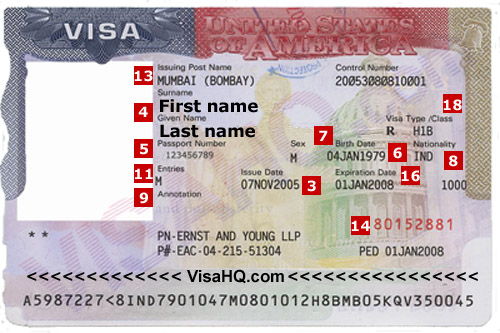United States of America Embassy list in Cuba
Need help?Chat with us
Why Trip Registration at the United States Embassy is Important
Registering your trip with the United States embassy is crucial for ensuring your safety while traveling abroad. This service allows the embassy to provide timely information and assistance in the event of emergencies, such as natural disasters, political unrest, or medical crises. For instance, during a sudden earthquake or hurricane, registered travelers can receive immediate alerts and guidance on evacuation routes or shelter options. In cases of political instability, such as protests or civil unrest, the embassy can facilitate safe exits or provide instructions on staying secure. Moreover, if you were to fall ill or experience a medical emergency while abroad, the embassy can help coordinate medical care and connect you with local healthcare providers. Overall, trip registration enhances communication and ensures that travelers have the support they need during unforeseen situations.
United States Embassy FAQs
Can the United States embassy assist in legal issues abroad?
Yes, the United States embassy can provide assistance regarding legal issues, including referral to local attorneys, information about the legal system in the country, and support during detainment.What should I do if I lose my United States passport in Cuba?
If you lose your U.S. passport while in Cuba, you should report the loss to the nearest U.S. embassy or consulate as soon as possible. They can assist you in replacing your lost passport and advise on any necessary steps.How can I obtain information about travel updates or alerts?
Travelers can receive updated information through the U.S. embassy’s official website or by subscribing to their travel alerts to stay informed about safety conditions and travel advisories in Cuba.Can the embassy help if I need medical assistance?
Yes, the embassy can provide information on local healthcare facilities, assist in contacting medical services, and offer guidance during medical emergencies.
Services Provided by United States Embassies in Cuba
Passport Services
- Issuance of new passports
- Passport renewal services
- Replacement of lost or stolen passports
Visa Issuance for Foreign Nationals
- Processing of visas for foreign nationals traveling to the United States
Assistance in Legal or Medical Emergencies
- Support in cases of arrest or legal issues
- Assistance in medical emergencies and finding local healthcare providers
Travel Alerts and Safety Updates
- Providing alerts on safety conditions and travel advisories
Support for Nationals Detained Abroad
- Assistance and advocacy for U.S. citizens who are detained or incarcerated
Summarized Diplomatic Presence
The United States maintains a diplomatic presence in Cuba primarily through its embassy located in Havana. This embassy plays a vital role in managing diplomatic relations between the U.S. and Cuba, facilitating communication, and supporting American citizens abroad. The embassy is involved in areas such as cultural exchange, trade relations, and environmental cooperation. Its presence fosters collaboration on various issues while promoting mutual understanding between the two nations. In addition to the embassy in Havana, there are also consulates that focus on serving the expatriate community and addressing local concerns. The overall importance of this diplomatic presence is underscored by its efforts to support American nationals and encourage constructive engagement in various sectors.
